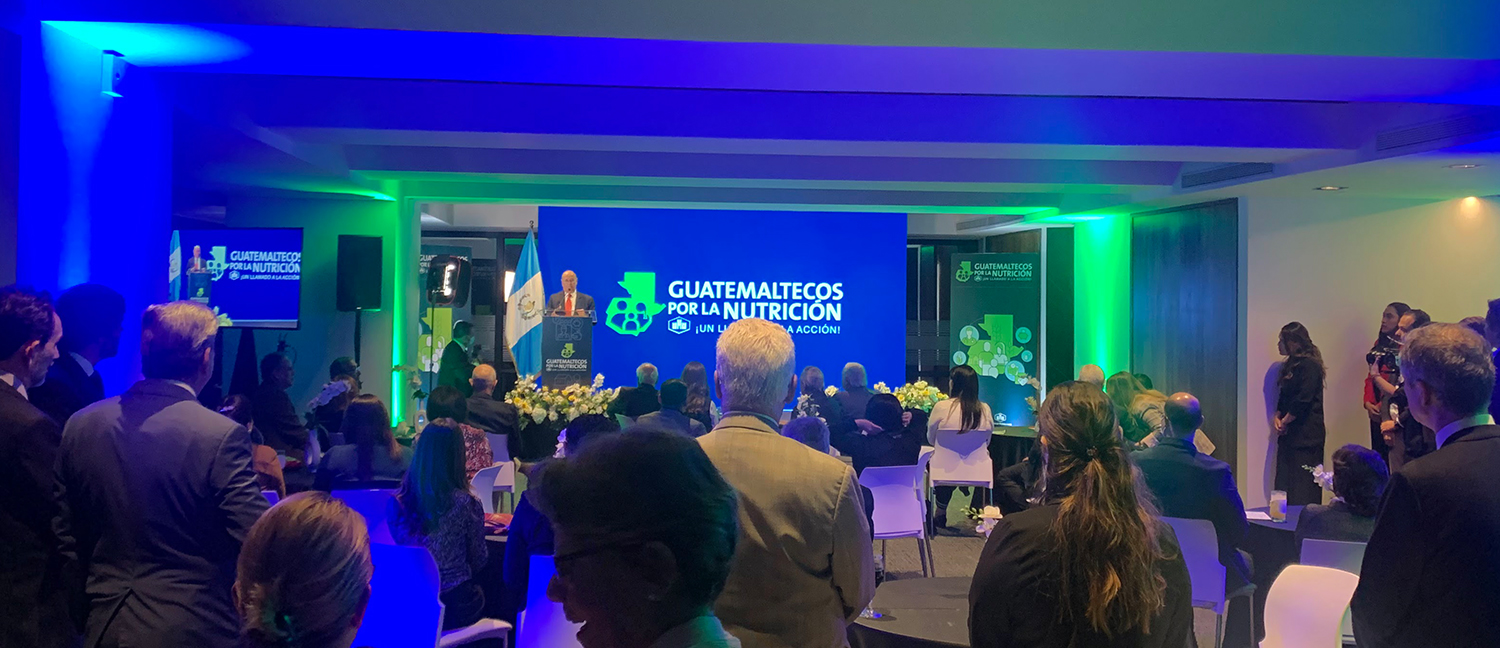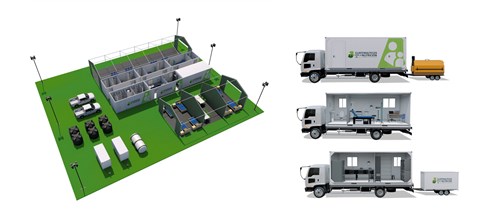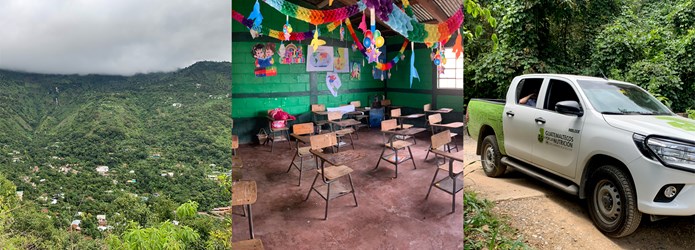15/09/2022
"Guatemalans for Nutrition" project sponsoured by the Castillo hermanos Foundation in Guatemala in Collaboration with Arpa

The ARPA Group is leading the fight against child malnutrition in Guatemala.
Acute child malnutrition is a serious problem that still plagues a number of communities in Guatemala. In many cases, this can lead to underdevelopment in children, which in turn causes health or cognitive problems that last throughout their lives. In the worst situations, this may even result in cases of mortality at a very early age.
As part of its commitment to participate in initiatives that deliver benefits to society, the ARPA Group acts in collaboration with the "Guatemalans for Nutrition" initiative, sponsored by the Castillo Hermanos Foundation. This project, for which an investment of 15 million euros over five years has been earmarked, aims to break the cycle of malnutrition in this Central American country, serving the local community and raising awareness regarding the importance of adopting good practices which promote public health.
This initiative is supported by an innovative infrastructure developed by the ARPA Group: the “Nutrimóviles Camp”, which consists of clinics and laboratories provides nutritional and primary health care to pregnant women, women of childbearing age and children under 5 years of age. In addition, they will offer home visits in order to monitor the weight and height of those under their care as well as run educational workshops.

All of this forms part of a sustainable model in which members of the developing communities themselves are trained, thereby, both providing local employment and guaranteeing the replicability of the program. The “Guatemalans for Nutrition” team is comprised of a doctor and a nutritionist, as well as a team of nurses, agricultural technicians, laboratory technicians, and water and environmental sanitation technicians.
This project is in 100% alignment with the ARPA Group's philosophy: "If it is not sustainable, it is not development". The entire infrastructure, designed by the company, is run using solar panels, water purification plants, reused wastewater for irrigation in local plantations, etc. All of which is carried out in remote areas far from large cities and in complex orographic conditions.
This investment is not only aimed at breaking the vicious circle of malnutrition and providing assistance to the inhabitants of remote areas of the country, but also at generating employment through the development and technification of more than 100,000 small businesses that have links to Castillo Hermanos. In addition, PET plastic recycling plants will be expanded to recycle 3.5 million bottles per day, with waste sorting carried out across the country.
Nutrimoviles Camp
With the Nutrimóviles camp, the ARPA Group has drawn on its extensive experience to develop a series of modular and mobile infrastructures which provide nutritional and primary health care to pregnant women and women of childbearing age, as well as to children under five years of age. It will have operational autonomy and be equipped with technology that will help to speed up the provision of care. This Nutrimóviles camp will form the base of operations and is designed to be replicable.

With the ARPA Group's camp as its hub, work, such as home visits to monitor the weight and height of the children under its care, as well as the running of educational workshops in various municipalities in the regions of Huehuetenango and Quiché, will be carried out outside the camp. These actions will be undertaken by the “Guatemalans for Nutrition” brigades, formed by the communities themselves, which will generate local sources of employment and guarantee the sustainability of the program by promoting local and community skills that can later be replicated.
This comprehensive vision is complemented by community work on safe household water treatment and the adoption of appropriate sanitary measures. Initiatives will also be introduced to improve economic conditions in the area and to improve skills in food production processes.

Share: